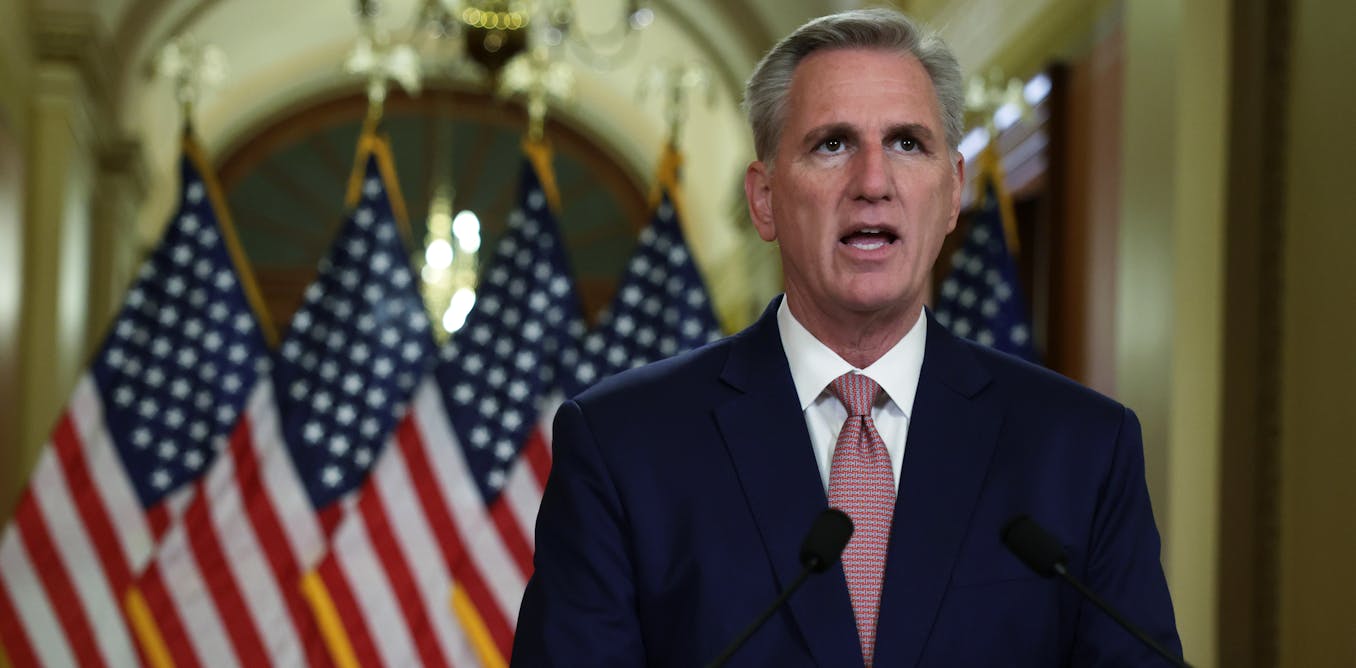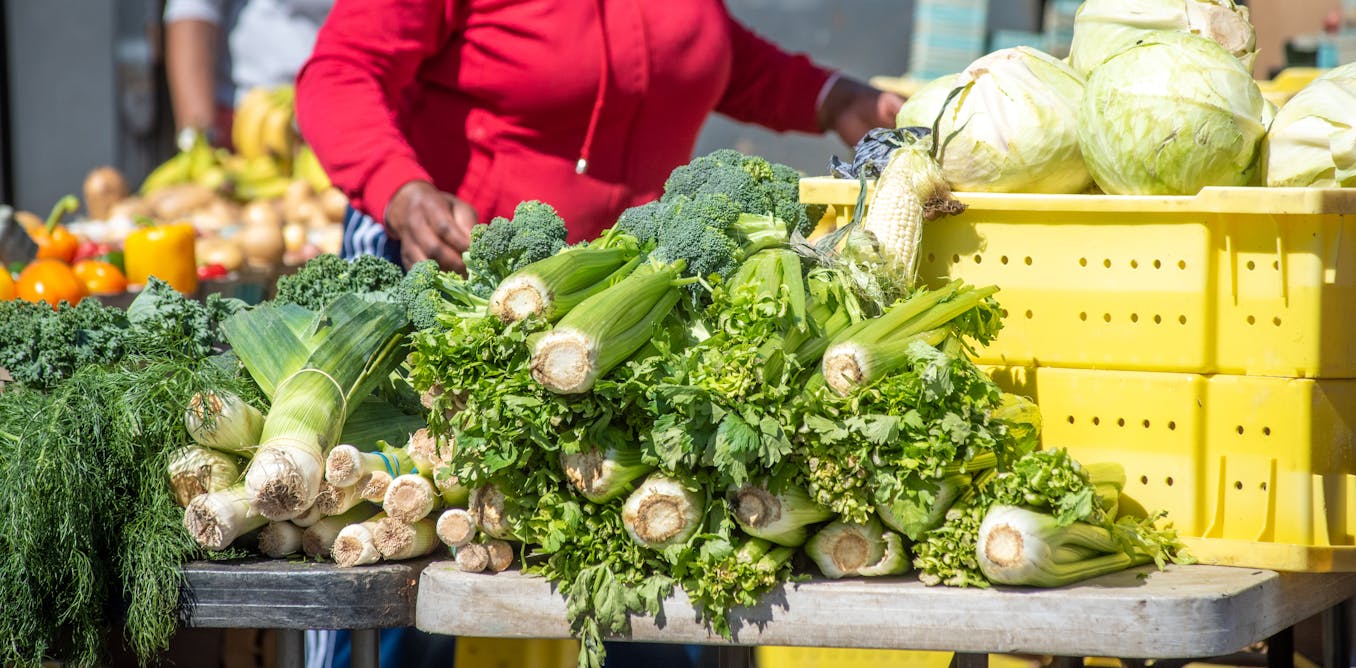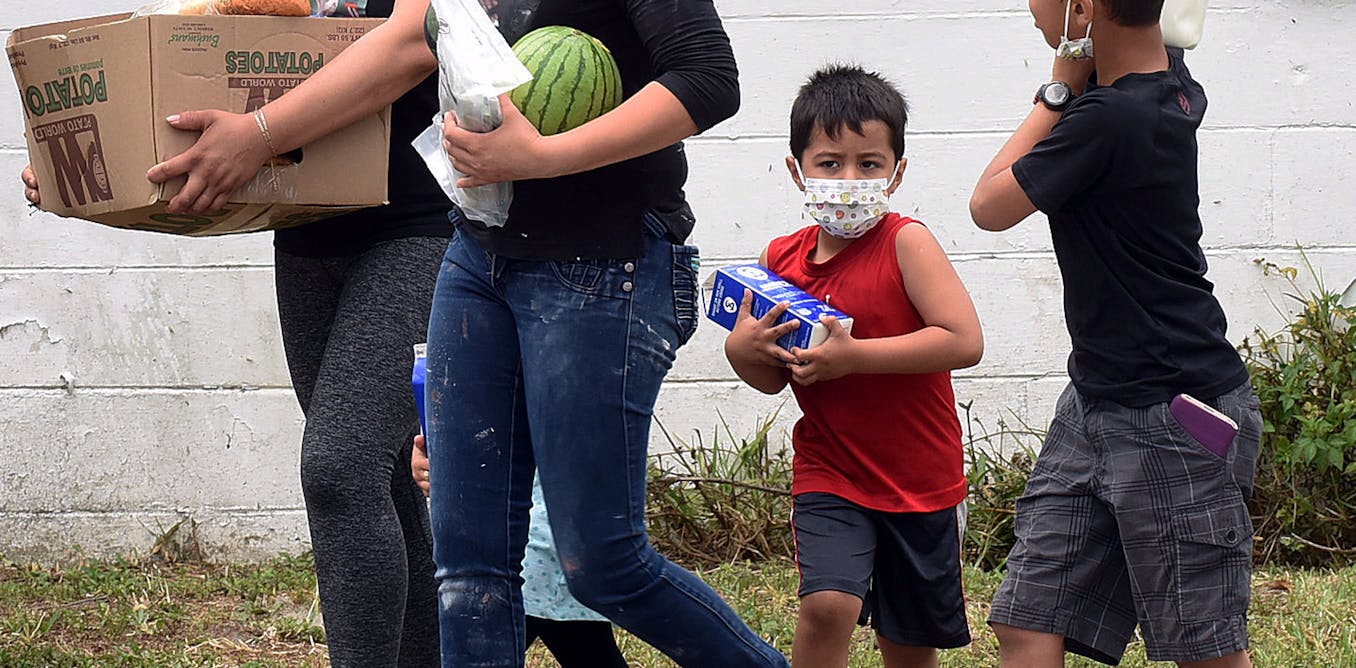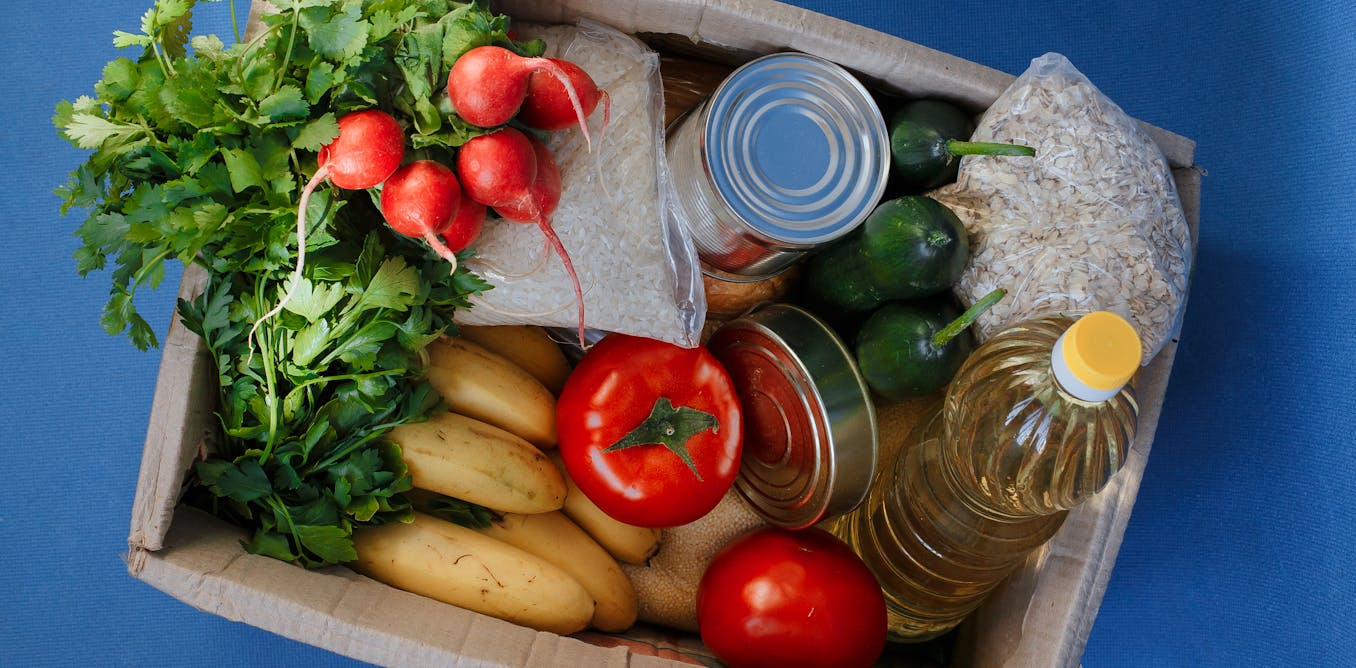Medicaid work requirements would leave more low-income people without health insurance – but this policy is unlikely to pass this time around
Adults insured by Medicaid who are 19 to 55 years old and don’t have children or other dependents would need to spend 80 hours a month doing paid work, job training or community service.
May 8, 2023 • ~9 min









